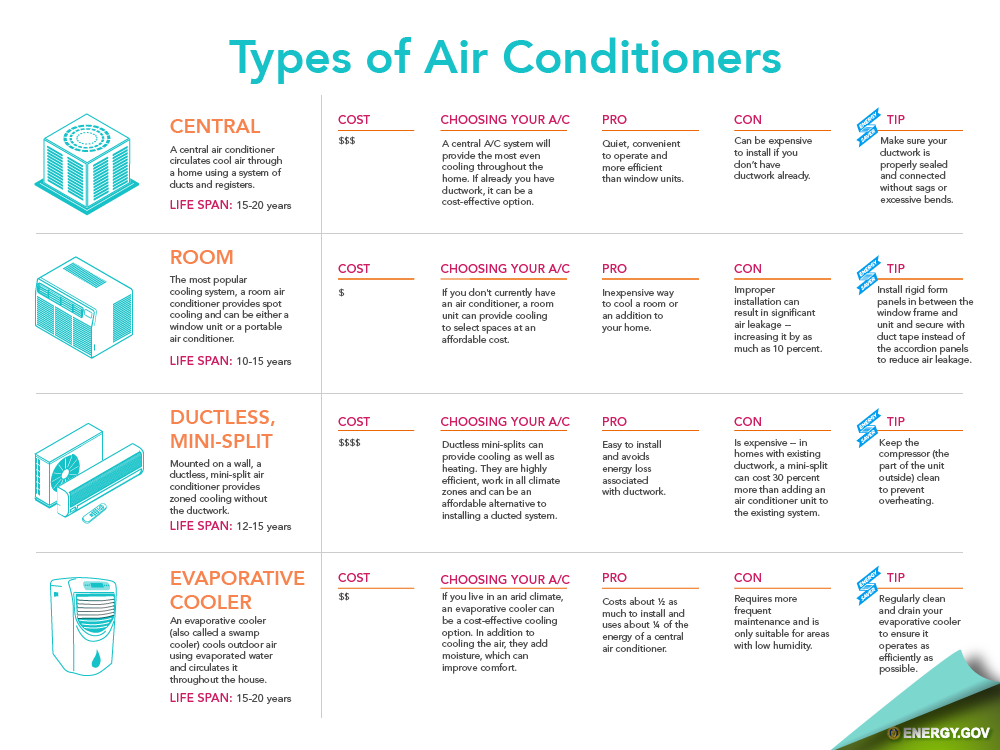Exploring The Environmental Benefits Of Warm Pumps - A Lasting Heating Option
Exploring The Environmental Benefits Of Warm Pumps - A Lasting Heating Option
Blog Article
Developed By-Crabtree Bech
In an era where sustainability and energy performance are extremely important, many organizations look for eco-friendly heating solutions. One such service is the heat pump.
A heatpump extracts the warmth in its environments and pumps it right into your home, resulting in among one of the most efficient environment-friendly main heating unit around. This process likewise creates absolutely no greenhouse gas discharges, making it an extremely sustainable technology.
Energy Performance
Heat pumps are extremely energy reliable and need little maintenance. They use less electrical power than other heating unit and are without a doubt the most environmentally friendly. They function well with roof solar and can commonly spend for themselves in utility cost savings alone.
They can also give air conditioning, which is great for garage workshops, attic hangouts and incentive spaces, and home additions without prolonging the existing ductwork. They can also be used for retrofits in existing homes with hydronic (water-based) distribution systems such as low temperature radiators or glowing floors.
Seek versions with SEER and HSPF scores that meet or exceed copyright's minimum standards, in addition to the requirements in your area. Greater scores suggest higher effectiveness, which saves you money in the future and reduces your carbon impact. You might even receive refunds and motivations! The best devices are those with a ground heat exchanger for included efficiency. These systems can soak up thermal power from the ground during the winter and remove it in the summer.
Minimized Greenhouse Gas Emissions
Heat pumps run on power and basically move heat from the air, even when it's chilly exterior. They are able to remove the free heat caught in air fragments and relocate them indoors, decreasing moisture while doing so.
Contrasted to gas heating systems, modern-day heatpump make use of less than one kilowatt of electricity per kilowatt of heating power they produce. This makes them the most power reliable heating alternative offered with a POLICE OFFICER (Coefficient of Efficiency) of 4 or even more. By slashing https://spectrumlocalnews.com/tx/austin/news/2021/12/03/cedar-season-returns-to-texas--here-s-how-to-survive-the-symptoms for nonrenewable fuel sources, heat pumps help in reducing greenhouse gas discharges and reduce other major air pollutants.
Building decarbonization is an international important, and the heating and cooling sector is a vital motorist of that process. Whether it's real estate investors making net zero dedications, plan manufacturers establishing exhausts limitations, or occupants demanding greener rooms, electrical heat pumps are being recognized as a crucial service. They are a cost-effective means to lower carbon emissions by getting rid of the requirement for fossil fuels in buildings.
Versatility
Heatpump can be used in numerous kinds of homes and structures-- with or without air ducts. They deal with hot-water radiators, air-conditioning and programmable thermostats. They can replace heating systems or be installed in new homes. They can operate on photovoltaic panels, geothermal systems and even area heating sources like wastewater.
They're excellent at providing more warm per energy device. For instance, an air-source heatpump produces approximately three or more home heating systems from each electrical energy system it takes in.
Getting one of the most from your heatpump will rely on your climate zone and high quality of insulation. https://docs.google.com/spreadsheets/d/1D6kgEy5QWqQx5EXE_4UwV83XbB3ozUVKZqtp-17o7qw/edit?usp=drive_link with ENERGY celebrity ratings and contrast their SEER or HSPF specifications. In warmer environments, concentrate on SEER; in colder areas, consider a system with a higher HSPF rating. In addition, buy air securing and insulation to lower the tons on your heatpump. That will certainly boost energy performance and assist you reach your Internet No objectives faster.
Biomass Boilers
Biomass central heating boilers use wood pellets, chips or logs to produce heat and warm water. They are a good choice for off-grid residential or commercial properties or those who intend to leave the gas grid.
As a standalone heater, biomass can offer sufficient energy to maintain your home warm all year round without the common heat drop off of various other eco-friendly innovations. They can additionally be made use of combined with solar panels to increase financial savings and take advantage of RHI settlements.
A disadvantage of these systems is the ahead of time expense and normal gas deliveries. Usually, pellets will certainly require to be blown into a fuel shop making use of a vacuum system or they can be manually fed right into the central heating boiler through a hopper. Logs are normally self-sourced from nearby forest or bought wholesale. As well as this, they require manual loading and may require cleansing on a regular basis.